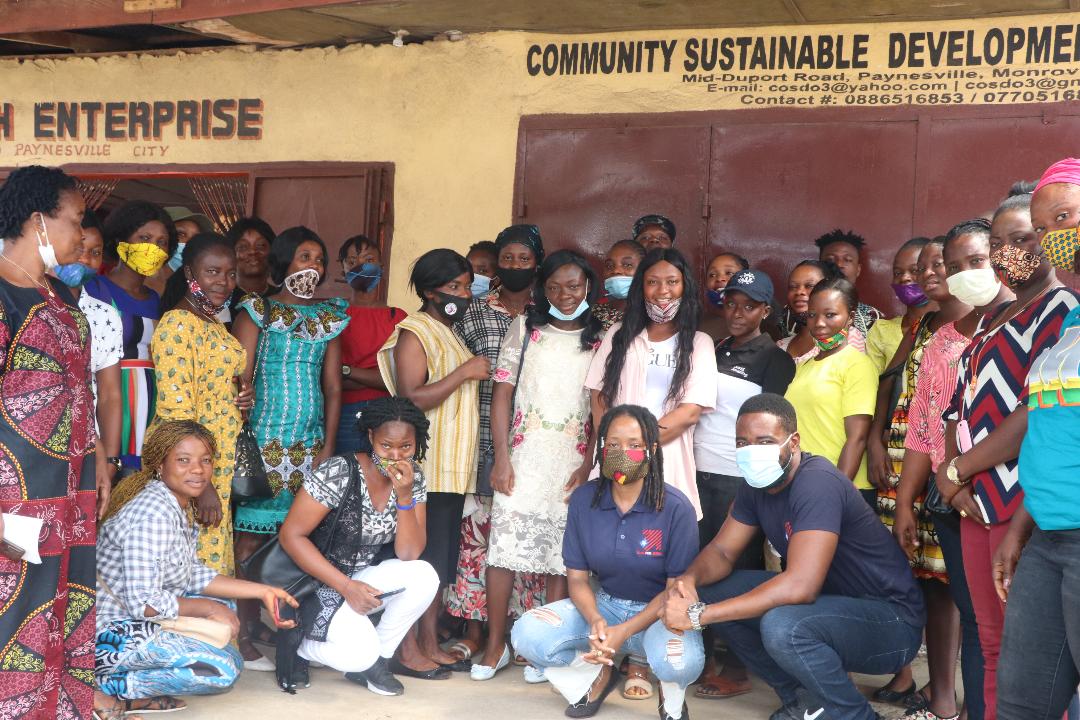Teach For Liberia (TFL) has announced the start of its recruitment season this year expected to recruit 35 young professionals into the third cohort of its Leadership Development Fellowship.
Teach For Liberia is an education non-profit that works to ensure every Liberian child gets access to excellent, world-class education.
The Fellowship is a conduit for promoting quality education in Liberia by increasing the number of qualified teachers in the classrooms. Its recruitment targets college and university graduates who hold a bachelor’s degree in any discipline, are below 40 years old, and are passionate about transforming Liberia, a press release from the group said in Monrovia this week.
In addition to a four-six week Training Institute that focuses on the different teaching methodologies mandated by the Ministry of Education, TFL Fellows are trained in digital, presentation, grant proposal writing, professional etiquette skills, etc. throughout the two years of the fellowship. This is done to ensure that each fellow has the requisite knowledge and skills to succeed in most professions when they leave the fellowship. The stipend provided to TFL Fellows is higher than the average entry level salary across Liberia by 10%; this allows them to focus solely on developing students, as well as themselves.
Teach For Liberia’s ultimate goal is developing a movement to expand educational opportunities by enlisting Liberia’s most promising future leaders. In order to achieve this, our Recruitment team has instituted robust methods for this year’s recruitment.
This includes organizing interactive sessions with bachelor’s degree-granting universities and colleges across Liberia, gathering information on how to recruit more women into the fellowship through research and focus groups, and making radio and talk shows appearances, as well as mass social media postings in order to spread the message.
Through the sustenance of the gains made and by expanding our coverage across Liberia’s education system, TFL’s goals within a space of five years are to develop 700 new teachers which would address approximately 10 percent of the teacher vacancies in Liberia, improve learning for about 140,000 primary students and train 700 existing school teachers.

